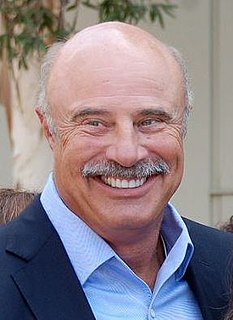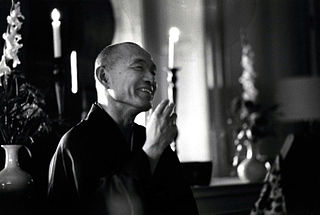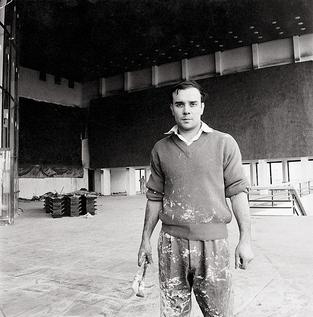A Quote by George Gaylord Simpson
He is a state of matter, a form of life, a sort of animal, and a species of the Order Primates, akin nearly or remotely to all of life and indeed to all that is material.
Related Quotes
In the beginning, there were bacteria.... [A] nearly universal assumption is that all subsequent life descended from the original life form through a continuous chain of ancestor-descendant pairs. This assumption looks good because all living organisms share biochemical traits. It is conceivable, of course, that life originated more than once on the early earth but that all except one life form died out early, leaving a single lineage as the ancestor of life as we know it. If this did happen, it was the first important species extinction.
Of all the animal creations of God, main is the only animal who has been created in order that he may know his Maker. Man's aim is life is not therefore to add from day to day to his material prospects and to his material possessions, but his predominant calling is, from day to day to come nearer to his own Maker.
We belong to that order of mammals, the primates, distinguished by its propensity for repeated single litters, intense parental care, long life-spans, late sexual maturity, and a complex and extensive social existence... Our protracted biological and psychological helplessness, which extends well into the third year of life, intensifies the bond between infant and parents, making possible a sense of generational continuity. In contrast to other primates these bonds are not obliterated after sexual maturity.
Man is merely a frequent effect, a monstrosity is a rare one, but both are equally natural, equally inevitable, equally part of the universal and general order. And what is strange about that? All creatures are involved in the life of all others, consequently every species... all nature is in a perpetual state of flux. Every animal is more or less a human being, every mineral more or less a plant, every plant more or less an animal... There is nothing clearly defined in nature.
Just live that life. It doesn't matter whether it is life or hell, life of the hungry ghost, life of the animal, it's okay; just live that life, see. And as a matter of fact no other way. Where you stand, where you are, that's what your life is right there, regardless of how painful it is or how enjoyable it is. That's what it is.
We discover too late that we have turned a blind eye to the extinction of a species that is essential to the balance of life in a particular context. Or we discover too late that the importation of a foreign life-form, animal or vegetable, has upset local ecosystems, damaging soil or neighbouring life-forms. We discover that we have come near the end of supplies-of fossil-fuels for example -on which we have built immense structures of routine expectation.
Actually, the highest form of human organization is not realized in the democratic individual. It is realized in a dimension none of us have ever penetrated, which is the mind of the species, which is actually the hand at the tiller of history. . . . It is an organized entelechy of some sort, and human history is its signature on the primates.
The human species has all but lost its heart; we gave it up for the illusionary fruits of the material world. But a life without heart is a life without life force. The psyche, as well as the body, needs both heart and brain in order to survive. Like Chinese women who bound their feet and the could no longer walk freely, we have bound our hearts, and thus stunted our growth as moral beings.
Researchers keep identifying new species, but they have no idea about the life cycle of a given species or its other hosts. They cut open an animal and find a new species. Where did it come from? What effect does it have on its host? What is its next host? They don't know and they don't have time to find out, because there are too many other species waiting to be discovered and described.




































